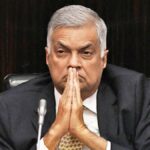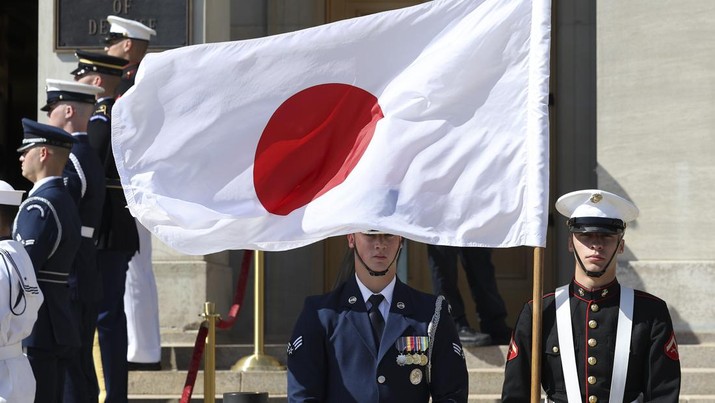Japan is voicing concern about the Asian region at this time. The country said the world was entering a “new era of crisis”.
This is related to China’s increasingly massive military, its growing military relations with Russia and its control over Taiwan. Japan also plans to increase its military spending.
This was revealed in Japan’s annual white paper as published by the Associated Press (AP) and AFP. The white paper was approved by Prime Minister Fumio Kishida’s Cabinet on Friday (28/7/2023) morning.
North Korea (North Korea), said Japan, also poses a more serious threat than before. The ongoing missile test activities are said to be worrying.
“China, Russia and North Korea are contributing to the most severe and complex security environment since the end of World War II,” according to the 510-page report.
“China’s external behavior and military activities have become a serious concern for Japan and the international community and present its greatest and most unprecedented strategic challenge,” the same report said.
“North Korea’s military activities pose a more serious threat to Japan’s national security than before,” the document added.
“It is believed that North Korea has the capability to attack Japan with nuclear weapons mounted on ballistic missiles,” the media report said.
Specifically for China and Russia, Japan noted that the two countries’ militaries had increased military relations since 2019. The two carried out five joint bomber flights, including November last year.
The report notes China’s prospects of having 1,500 nuclear warheads by 2035, including increasing its military superiority over Taiwan.
“The international community is facing its greatest trial since World War II and we have entered a new era of crisis,” Defense Minister Yasukazu Hamada stressed in the document.
For a decade Japan has limited military spending to around 1 percent of GDP. But late last year, Kishida’s government approved a plan to increase defense spending to 2% of GDP in the 2027 fiscal year, to around 11 trillion yen (Rp. 1.1 trillion).
Source : CNBC















